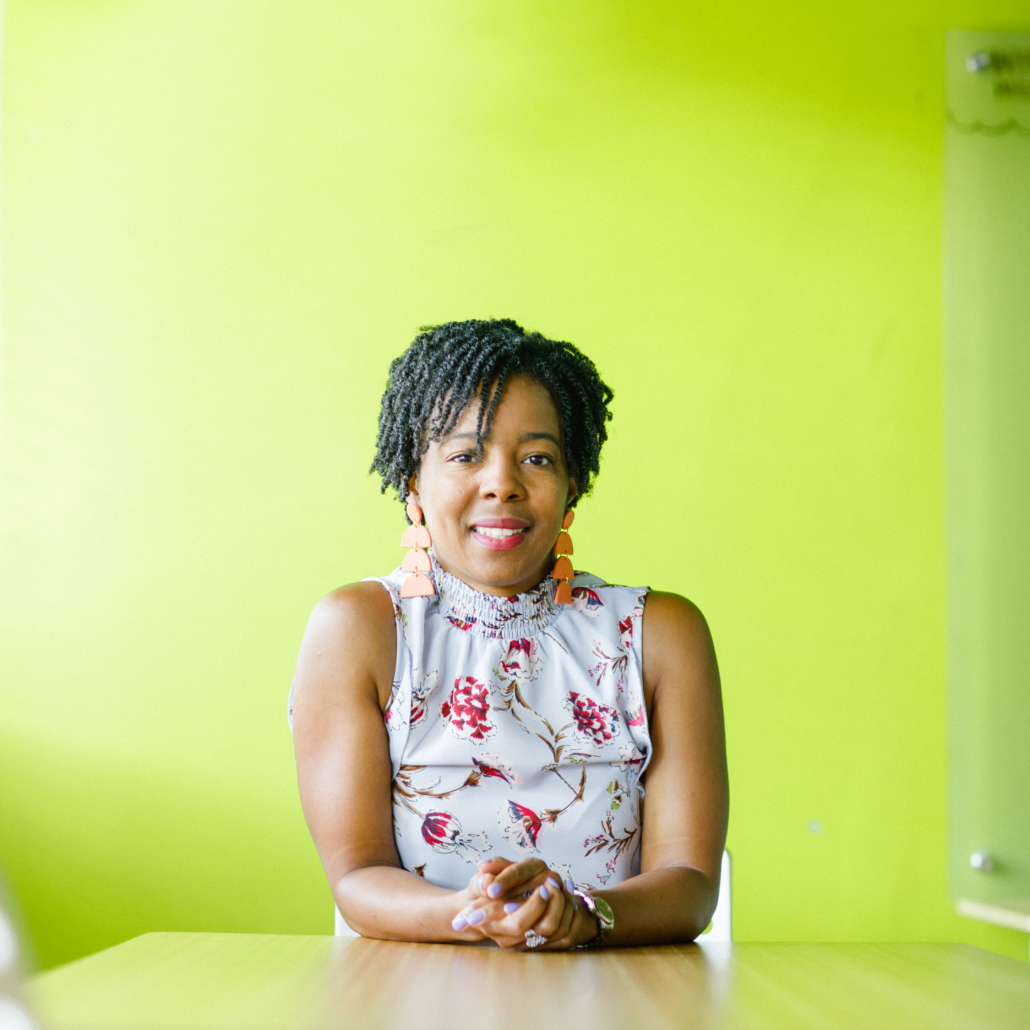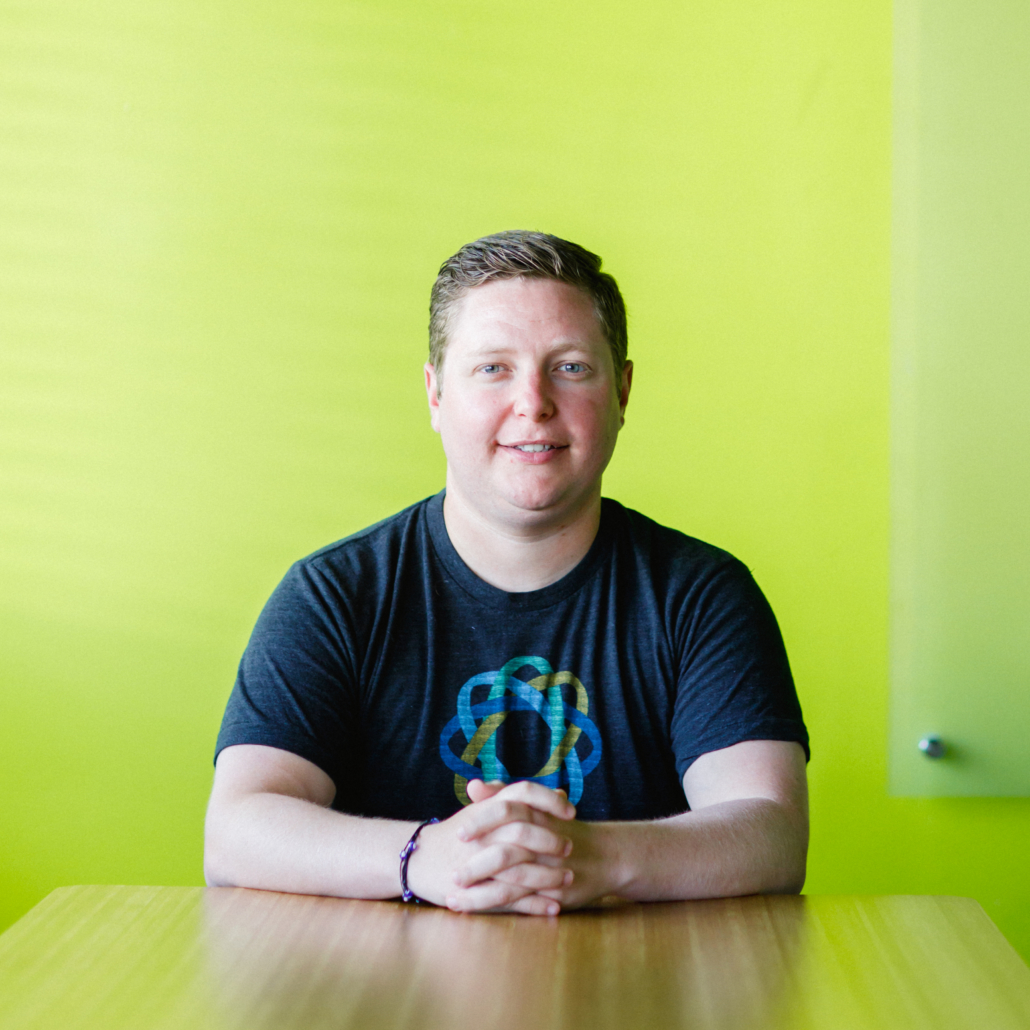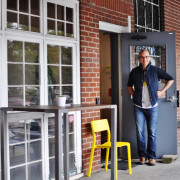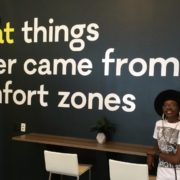hygge cares about finance
Wellness goes beyond hitting the gym and mindfulness – financial wellness is a factor that plays a role in every aspect of keeping yourself healthy, from the type of food you eat to if you can afford to go to the doctor.
In July we sat down with members of the hygge fam to learn more about how they keep themselves and their businesses financially well. Check it out:
Christina Booth – Founder and Owner of Here 2 Give Hope

“When I was in my marriage, we had a household where our annual income was slightly over $100K. For me that was good, but somehow we were broke and our bills weren’t getting paid. I was attached to this dense energy when it came to money. When I grew up we didn’t have money. I had two parents that worked: my mother worked at NASA and my dad worked at a telecommunications corporation, and we still had no money. I started to connect the dots. It was all about managing money, I didn’t know how to manage it. We had it and it would come in, and I would spend it instantly rather than saying I’m going to save my money and put this here and strategically plan. I did a little more internal digging and realized even my ancestors never had any money. All these years, it was this energetic cycle throughout my lineage. I started putting value on my time, value on myself, value in money, and just started to fall in love with it more. I was afraid in the past to get the money because I always had those thoughts that it was bad to have money – the more money we have the more problems we’re gonna have, the more money we have the more bills we’re gonna have. I just started to love it and be not so afraid of it. Financial wellness to me is your relationship when it comes to money, the way you view it and taking care of it. Just like your body and your own personal wellness, making sure you put the right things in and separate it how you’re supposed to separate it, have a good relationship with it, show appreciation for it and be grateful for it. When I go to the grocery store now I always say thank you to the money, when I swipe I say I’m so thankful I’m able to pay for this. Awareness is key.”
Charity Parrish – Founder and Owner of The Elopement Co.

“A lot of it is budgeting. I pay myself on a scheduled amount every month. That helps a lot, just knowing there’s a set amount coming from my business back into my personal. I’m lucky because my husband has a really good job, so because The Elopement Co. still in start up phase, he’s able to support the majority of it. I’m able to put most of what comes into the business back into the business which is really important in terms of building it up, getting gear, all that stuff. It’s interesting because I have all the requirements and needs of a photographer, and all the needs and requirements of a planning company, which involves completely different types of insurance and stuff like that. Because there’s not really other companies who do what I do, I don’t have a model to follow; I don’t have a good example of how this should look. A lot of it has been piecing things together. Wellness to me personally means money to cover the things I need to be covered as well as some discretionary things. It’s important to me that I don’t live to work. I have a business because I want to have a life, and I want to have a lifestyle that includes travel and hanging out with my friends and things like that. If my business isn’t able to make that happen, then what’s the point? For me it’s not about trying to become a millionaire or trying to make all of the money, it’s about having a solid financial business that offers an amazing product that supports my life.”
LaNaria Barnes – Director of Finance at Love146

“Number one, money is money no matter where you are, and in order to survive as an organization, whether nonprofit or for profit, you’ve gotta have money coming in. I think the biggest difference with nonprofits is if a donor donates funds and they say the money has to be spent on a specific program, we have to do that. But like everyone else, it’s cyclical. We have some times when donations are higher, and then we have some months, like summer months, when it drops. It can be tough because some things don’t change. I have payroll every two weeks, that’s not going to change. I have rent the first of the month, that’s not going to change. It involves a lot of strategy behind cash flow. I think a struggle for a lot of nonprofits is cash flow, because you have to show you’re spending your money on your programs. It’s three buckets: programs, administration cost and fundraising. Ideally you want your program costs to be 85% or better to show most of the money coming in you’re spending on your programs. But you have to have administration, you have to have fundraising, and you have to balance it against your program costs. It’s a lot of planning. The programs are great, but there are so many things behind the scenes that people don’t realize. I believe every time someone donates or someone gives, they’re sacrificing and it’s my responsibility to make sure those funds are used efficiently. Even if I get a donation for $2, I have to believe that person sacrificed and saw something in Love146 that made them want to give to us. I’m so thankful for the sacrifice, I’m going to make sure it’s going to be spent well. I think financial wellness is wisdom and living in the moment but thinking about tomorrow and balancing the two. I look at it that way in my job and in my personal life. It may look great, but again, are we using that donor’s sacrifice most effectively?”
Nick Persico – Director of Revenue at Close

To me, financial wellness equals freedom. I know I’m in a good state when I feel like I can take that last minute trip or do something nice for someone without having the anxiety and dread of dealing with the financial aftermath. In February 2015 I was living in NYC at the time, working on my last startup called Smart Host, and my bank account was in the negatives. Externally, things were going well: we had just graduated from Techstars Austin, were in the final stages of closing a seed round from investors and closing new customers. But internally, my co-founders and I were a wreck financially. We needed to conserve the company’s small amount of cash as long as we could to extend our runway and hire new people. We barely paid ourselves enough to make rent, so my co-founders and I took consulting gigs on nights and weekends to make ends meet. This went on for over 2 years. It was brutal, but I was one of the lucky ones. I was lucky to have two co-founders that cared and were dealing with the same problem. We did our best to communicate with each other when we had to take other work to pay bills. We gave each other the space to do what was necessary and didn’t question each other’s dedication to the company. That balance and understanding of each other’s situation is what made us survive as long as we did. Smart Host eventually got acquired and shut down, and the three of us are all now in leadership roles at new companies. Financial wellness isn’t a pipe dream for us anymore. Would each of us have the jobs we have today without the experience of starting and running Smart Host? Probably not. I guess the moral of the story is to communicate openly with your peers. You’re not alone.
Frank Schwartz – Leadership Consulting

Attachments area











Leave a Reply
Want to join the discussion?Feel free to contribute!